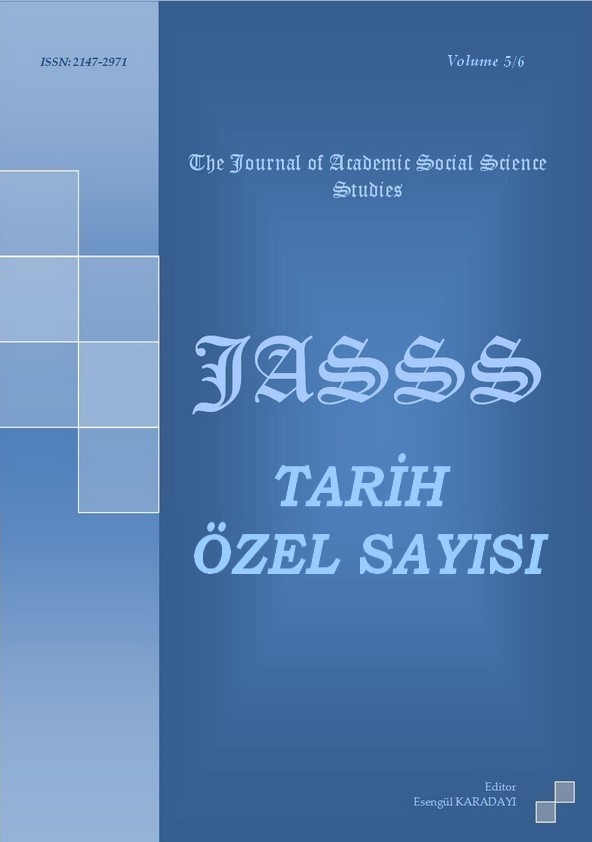Author :
Abstract
Osmanlı devlet iradesi, piyasalarda üretim ve tüketime konu olan malların, çeşitli yollarla, fiyatlarını arttırıp piyasa dengesini bozan ihtikâra karşı, her zaman hassasiyetini korumuştur. İdare’nin her zaman bu yolda tavizsiz ve kesintisiz bir mücadele içerisinde olduğunu görüyoruz. Bu süreçte ihtikârın tespitinde birkaç yöntem öne çıkmıştır. Meydana gelen mal kıtlığı sonucu artan fiyatlar tespit için en önemli gösterge olmuştur. Daha çok taşradaki herhangi bir piyasada ürün üzerinden yapılan ihtikâr ise esnaf veya tüketici halk tarafından ilgili idari birimlere yapılan ihbarlarla bildirilmiş ve bu konuda gönderilen dilekçelerdeki şikâyetlere konu olmuştur. İhtikârın varlığı tespit edildiğinde bu suça iştirak edenlere, uyarıdan-sürgüne ve nihayet kalebendliğe kadar uzanan suçun niteliğine göre ağırlaşan, suçlunun ıslahıyla birlikte kamuoyunun da ibret almasını amaçlayan çeşitli cezai müeyyideler uygulanmıştır. Cezanın çekileceği yerler yine suçun niteliğine göre yakın veya uzak şehirler/yerler olmuştur. Bozcaada, Midilli, Sakız, Girit, Rodos ve Kıbrıs gibi adalar ile Trabzon, Sinop gibi bazı sahil kaleleri suçluların cezalarını çekmek üzere gönderildiği yerlerin başlıcalarıydı.
Keywords
Abstract
The Ottoman administration had always been keen on coping with profiteering, a practice disrupting the balance of markets via increasing the prices of the commodities subject to production and consumption. And it had always been in an uncompromising and uninterrupted struggle against it. In this process some methods came to be prominent for identifying profiteering and increasing prices due to scarcity of goods came to be the most significant indicator. The profiteering in the provinces done on any commodity had been complained to the administrative units in charge by tradesmen or ordinary consumers. Also, it became the subject of the petitions sent. When a profiteering crime had been determined, people committed this offense had been exposed to some punishments getting gradually heavier according to the extent of the crime, from injunction to exile and eventually to the conviction of the castle, and aiming to correct the actor as well as constitute a deterrent to the public. Distance of the places allotted to punishment varied as well depending on the degree of the crime. Such islands as Tenedos, Mytilene, Chios, Crete, Rhodes and Cyprus, Trabzon as well as some coastal castles such as Trebizond and Sinop were common places where the criminals were sent to face their penalties.





